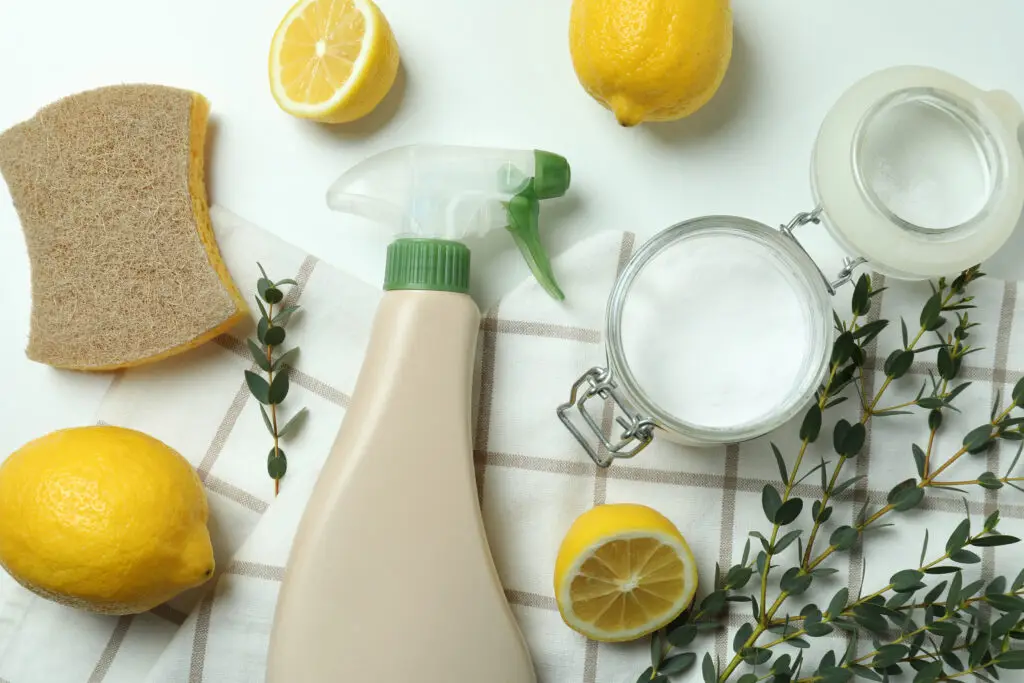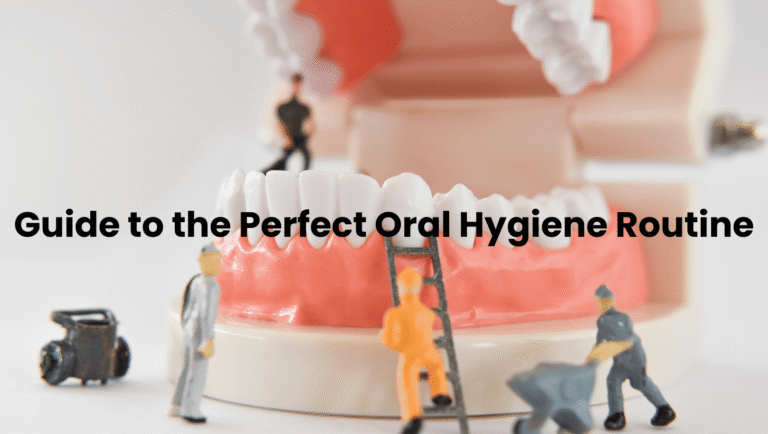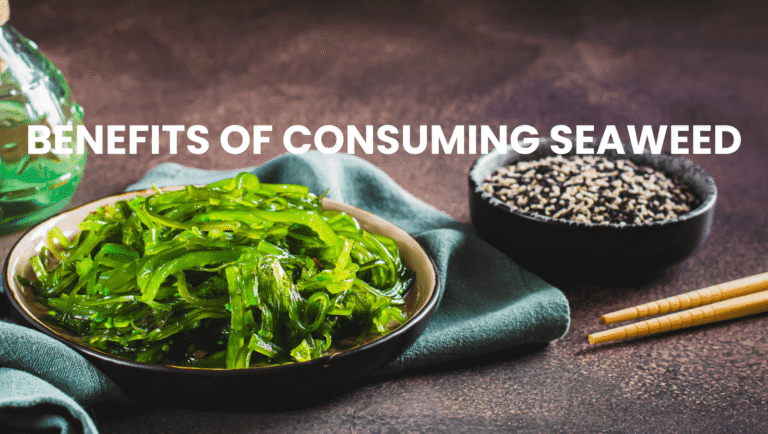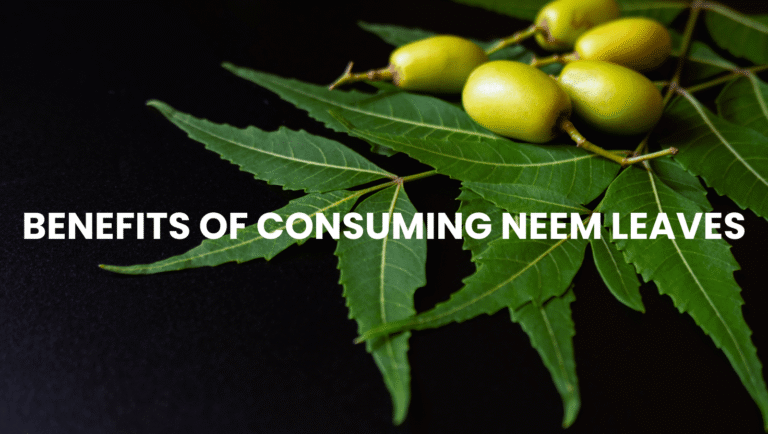DIY Cleaning Products with Essential Oils"- Recipes for non-toxic, aromatic cleaners for your home.
A clean and healthy home is essential for maintaining a safe and inviting environment for you and your family. However, many commercial cleaning products are loaded with harsh chemicals that can negatively impact your health and the environment. From skin irritations to respiratory issues, these toxic ingredients can pose hidden risks while also contributing to indoor air pollution.
Thankfully, there’s a natural, safe, and effective alternative: essential oils. Known for their antibacterial, antiviral, and aromatic properties, the best essential oils like grapefruit and peppermint are particularly effective for cleaning purposes due to their antimicrobial properties. These oils not only help in sanitizing surfaces but also offer a pleasant scent, making them a superior choice compared to conventional cleaning products that contain harmful chemicals. Whether you’re tackling stubborn stains, deodorizing a room, or sanitizing surfaces, essential oils can elevate your cleaning routine while creating a healthier living space. This article will guide you through some simple and effective DIY recipes using essential oils to create non-toxic, aromatic cleaners for your home. Let’s explore how you can transform your cleaning habits naturally!
Why Choose Essential Oils for Cleaning?
Natural antibacterial and antiviral properties: Effectively eliminate germs without harsh chemicals.
Pleasant, uplifting scents for a fresher home: Infuse your space with calming or invigorating aromas.
Eco-friendly and safe for families, including kids and pets: Avoid the harmful toxins found in commercial cleaners.
Other essential oils: In addition to lemon and lavender, consider using rosemary, peppermint, eucalyptus, and tea tree oil. These oils offer anti-fungal, antibacterial, and antiviral properties.
Cost-effective and customizable cleaning solutions: Create tailored recipes that suit your cleaning needs and preferences.
Essential Oils for cleaning
1. Lemon Essential Oil for Cleaning
Key Benefits for Cleaning:
Natural Disinfectant: Lemon essential oil has powerful antibacterial and antifungal properties, making it an excellent choice for cleaning surfaces and killing germs.
Cuts Through Grease: Its natural degreasing ability easily tackles stubborn grime and grease in the kitchen.
Deodorizes: The fresh, citrus scent eliminates unpleasant odors, leaving your home smelling clean and inviting.
Removes Stains: Lemon oil can help lift tough stains, such as hard water deposits and soap scum.
Eco-Friendly Shine: Ideal for polishing glass, stainless steel, and wood surfaces without harmful chemicals.
Tips for Usage:
Dilution: Combine a few drops of lemon essential oil with water or white vinegar in a spray bottle for an all-purpose cleaning spray. The main ingredient, vinegar, is highly effective, and the addition of lemon essential oil improves the scent and enhances cleaning power.
Application Methods:
For surfaces: Spray the diluted solution on countertops, sinks, or tables, and wipe clean with a cloth.
For grease removal: Add a few drops to warm soapy water to clean stovetops and cookware.
For freshening air: Add a few drops to a diffuser or a pot of simmering water.
Precautions: Avoid applying undiluted lemon oil directly to surfaces as it may cause damage. Keep it away from direct sunlight to preserve its potency.
2. Tea Tree Essential Oil for Cleaning
Key Benefits for Cleaning:
Antibacterial and Antifungal: Tea tree oil is highly effective against bacteria, viruses, and fungi, making it ideal for disinfecting surfaces.
Mold and Mildew Removal: It helps prevent and eliminate mold and mildew, particularly in damp areas like bathrooms.
Odor Neutralizer: Tea tree oil’s strong scent helps neutralize unpleasant odors in trash bins, laundry, and more.
Eco-Friendly Disinfectant: A natural alternative to harsh chemical cleaners, it ensures a safe cleaning solution for homes with children and pets.
Tips for Usage:
Dilution: Mix 8–10 drops of tea tree essential oil with 1 cup of water or white vinegar in a spray bottle for an all-purpose cleaning spray. The vinegar acts as the main ingredient, and the tea tree essential oil improves the scent and enhances the cleaning power.
Application Methods:
For mold: Spray the diluted mixture on moldy areas, let it sit for 10 minutes, and scrub clean.
For floors: Add a few drops to a bucket of warm water and mop as usual.
For odor control: Place a cotton ball with a drop of tea tree oil in smelly areas like trash cans or closets.
Precautions: Avoid using undiluted tea tree oil directly on surfaces, as it can leave residue or cause damage. Always test on a small area before widespread use.
3. Lavender Essential Oil for Cleaning
Key Benefits for Cleaning:
Natural Antibacterial Properties: Lavender essential oil is effective at killing bacteria, making it a gentle yet powerful cleaning agent.
Soothing Aroma: Its calming scent leaves your home smelling fresh and relaxing.
Versatile Cleaner: Ideal for cleaning a wide variety of surfaces, including countertops, furniture, and fabrics.
Safe for All: Lavender oil is non-toxic and safe for homes with children and pets.
Insect Repellent: Helps keep bugs like moths and mosquitoes at bay, making it great for closets and bedding.
Tips for Usage:
Dilution: Mix 10–12 drops of lavender essential oil with 1 cup of water or white vinegar in a spray bottle for an all-purpose cleaning spray. The vinegar acts as the main ingredient, and the lavender essential oil improves the scent and enhances the cleaning power.
Application Methods:
For Surfaces: Use the diluted mixture to wipe down countertops, tables, and shelves.
For Fabrics: Add a few drops to your laundry detergent or spray diluted oil onto curtains, pillows, and upholstery for a fresh scent.
For Floors: Add a few drops to a bucket of warm water to mop floors naturally.
In Closets: Place lavender-scented sachets or cotton balls with a drop of lavender oil in closets to repel insects and keep clothes smelling fresh.
Precautions: Avoid direct application on sensitive or polished surfaces without dilution. Test on a small area before use.
4. Peppermint Essential Oil for Cleaning
Key Benefits for Cleaning:
Natural Antimicrobial Properties: Peppermint essential oil effectively combats bacteria, fungi, and viruses, making it a powerful cleaning agent.
Invigorating Aroma: Its cool and refreshing scent leaves your home smelling fresh and energized.
Pest Repellent: Peppermint oil naturally repels insects like ants, spiders, and mice, offering a chemical-free solution for pest control.
Deodorizing Power: Effectively eliminates unpleasant odors, especially in kitchens and bathrooms.
Multipurpose Cleaner: Safe for use on various surfaces, including countertops, floors, and sinks.
Tips for Usage:
Dilution: Combine 10–15 drops of peppermint essential oil with 2 cups of water and a tablespoon of white vinegar in a spray bottle for an all-purpose cleaning spray. The vinegar acts as the main ingredient to enhance cleaning power, while the peppermint essential oil improves the scent.
Application Methods:
Surface Spray: Use the diluted mixture to clean kitchen counters, bathroom sinks, and other hard surfaces.
Air Freshener: Place a few drops in a diffuser or combine with water in a spray bottle to refresh and invigorate the air.
Pest Control: Apply a few drops of undiluted peppermint oil on cotton balls and place them in areas prone to pests, like cupboards and entry points.
Floor Cleaner: Add 5–10 drops to a bucket of warm water to mop floors and keep them pest-free and fragrant.
Precautions: Avoid direct contact with skin or eyes, and keep out of reach of children and pets. Always test on a small, inconspicuous area before applying to delicate surfaces.
5. Eucalyptus Essential Oil for Cleaning
Key Benefits for Cleaning:
Antibacterial and Antiviral Properties: Eucalyptus essential oil is highly effective in killing germs, making it ideal for disinfecting surfaces.
Deodorizer: Its fresh and minty aroma eliminates odors and leaves a clean, refreshing scent in your home.
Mold and Mildew Prevention: Eucalyptus oil helps prevent and remove mold and mildew in damp areas like bathrooms and kitchens.
Insect Repellent: Naturally repels pests like dust mites, cockroaches, and mosquitoes.
Grease Fighter: Effectively breaks down grease and grime, making it suitable for cleaning stovetops and ovens.
Tips for Usage:
Dilution: Mix 10–15 drops of eucalyptus essential oil with 2 cups of water and 1 tablespoon of white vinegar in a spray bottle for an all-purpose cleaning spray. The vinegar acts as the main ingredient to enhance cleaning power, while the eucalyptus essential oil improves the scent.
Application Methods:
Surface Spray: Use the diluted solution to wipe down countertops, tables, and bathroom fixtures.
Mold Removal: Combine eucalyptus oil with baking soda and scrub moldy areas in bathrooms or kitchens.
Air Freshener: Place a few drops in a diffuser or combine with water in a spray bottle to refresh and invigorate the air.
Floor Cleaner: Add 10 drops to a bucket of warm water for mopping floors and keeping them germ-free.
Precautions: Avoid direct contact with eyes or sensitive skin. Keep the oil away from children and pets. Test on a small area before applying to delicate surfaces.
Safety Precautions and Considerations When Making DIY Cleaners with Essential Oils
Dilution is Key: Always dilute essential oils properly to avoid surface damage or skin irritation. A few drops per cup of water or carrier liquid is sufficient.
Patch Test First: Test your cleaner on a small, inconspicuous area before using it widely to ensure compatibility with surfaces.
Avoid Sensitive Surfaces: Some oils like citrus can be acidic and may damage porous surfaces such as granite or marble.
Keep Away from Children and Pets: Store essential oils and DIY cleaners safely out of reach to prevent accidental ingestion or exposure.
Use Glass Containers: Store your cleaners in glass bottles, as essential oils can degrade plastic over time.
Label Your Mixtures: Clearly label each cleaner with its ingredients to avoid confusion or misuse.
Ventilation is Important: Use essential oils in a well-ventilated area to prevent overwhelming fragrances.
Research Proper Usage: Understand the properties of each essential oil and its interactions with other ingredients.
Avoid Contact with Eyes: Keep DIY cleaners away from sensitive areas like eyes and mucous membranes.
Proper Storage: Store DIY cleaners in a cool, dark place to maintain their effectiveness and longevity.
Essential Oil Dilution Guidelines
When using essential oils for cleaning, it’s crucial to dilute them properly to avoid skin irritation, allergic reactions, and damage to surfaces. Here are some general guidelines for diluting essential oils:
All-Purpose Cleaning Sprays: Use 10-20 drops of essential oil per 1 cup of water. This dilution is perfect for everyday cleaning tasks and ensures a balanced mix of effectiveness and safety.
Floor Cleaners: Use 20-30 drops of essential oil per 1 gallon of water. This higher dilution is ideal for covering larger areas and tackling tough grime.
Dish Soap: Use 5-10 drops of essential oil per 1 cup of soap. Adding essential oils to your dish soap not only enhances its cleaning power but also leaves your dishes smelling fresh.
Laundry Detergent: Use 10-20 drops of essential oil per load of laundry. This helps to naturally scent your clothes and boost the detergent’s cleaning capabilities.
Remember to always read the label and follow the instructions for use. Some essential oils, like tea tree oil, can be quite potent, so it’s best to start with a small amount and adjust as needed. Proper dilution ensures you get the best results without any adverse effects.
Essential Oil Side Effects and Allergic Reactions
While essential oils are generally safe to use, some people may experience side effects or allergic reactions. Here are some common side effects and allergic reactions to watch out for:
Skin Irritation: Redness, itching, and burning sensations can occur when essential oils come into contact with skin. Always dilute essential oils properly to minimize the risk of irritation.
Allergic Reactions: Some people may be allergic to certain essential oils, such as lavender or tea tree oil. Symptoms can include rashes, hives, or difficulty breathing.
Respiratory Issues: Inhaling essential oils can cause respiratory problems, such as asthma or bronchitis, especially in individuals with pre-existing conditions.
Eye Irritation: Essential oils can irritate the eyes, causing redness, itching, and tearing. Avoid direct contact with the eyes and wash hands thoroughly after handling essential oils.
To minimize the risk of side effects and allergic reactions, always:
Dilute Essential Oils Properly: Use the recommended dilution ratios to ensure safe usage.
Perform a Patch Test: Before using a new essential oil, apply a small amount to a patch of skin and wait 24 hours to check for any adverse reactions.
Avoid Sensitive Areas: Do not apply essential oils to sensitive skin or areas such as the face, eyes, or mucous membranes.
Keep Away from Children and Pets: Store essential oils out of reach to prevent accidental ingestion or exposure.
By following these precautions, you can enjoy the benefits of essential oils while minimizing the risk of adverse effects.
DIY Cleaning Products Recipes
All-Purpose Cleaners
Mix lemon essential oil, baking soda, and water to create a natural all-purpose cleaner.
Use a spray bottle to mix tea tree oil, lemon oil, and water for a effective all-purpose cleaner.
Combine lavender oil, lemon oil, and water to create a calming and refreshing all-purpose cleaner.
Kitchen Cleaners
Use lemon essential oil and baking soda to create a natural scrub for kitchen surfaces.
Mix peppermint oil, dish soap, and water to create a refreshing and effective kitchen cleaner.
Combine eucalyptus oil, lemon oil, and water to create a natural and deodorizing kitchen cleaner.
Bathroom Cleaners
Use tea tree oil and baking soda to create a natural and antibacterial bathroom cleaner.
Mix lavender oil, lemon oil, and water to create a calming and refreshing bathroom cleaner.
Combine eucalyptus oil, lemon oil, and water to create a natural and deodorizing bathroom cleaner.
DIY Floor Cleaner Recipe with Essential Oils
Here’s a simple recipe for a DIY floor cleaner using essential oils:
Ingredients:
1 cup white vinegar
1 cup water
20 drops lemon essential oil
10 drops tea tree essential oil
1 tablespoon castile soap
Instructions:
Mix the vinegar, water, lemon essential oil, and tea tree essential oil in a glass spray bottle.
Add the castile soap and shake well to combine.
Spray the cleaner onto the floor and mop as usual.
This recipe is effective against dirt, grime, and germs, and leaves a fresh, citrusy scent. The combination of lemon essential oil and tea tree oil provides powerful antibacterial properties, making your floors not only clean but also hygienic.
Natural Air Fresheners
Use lemon essential oil and baking soda to create a natural air freshener.
Mix lavender oil, lemon oil, and water to create a calming and refreshing air freshener.
Combine eucalyptus oil, lemon oil, and water to create a natural and deodorizing air freshener.
Tips for Using DIY Essential Oil Cleaners
Use glass spray bottles to prevent essential oil degradation and maintain the effectiveness of your cleaners.
Always dilute essential oils properly with water or carrier substances to avoid damaging surfaces or causing irritation.
Test on a small area before applying to larger surfaces to ensure compatibility and prevent unwanted reactions.
Store products in a cool, dark place to preserve the potency and longevity of the essential oils.
Make sure to label and date your cleaning recipes for future reference.
Experiment with different essential oils to find the best scents and combinations for your cleaning needs.
Essential Oil Storage and Shelf Life
To ensure the quality and potency of your essential oils, it’s crucial to store them properly and use them within their shelf life. Here are some tips for storing and using essential oils:
Store in a Cool, Dark Place: Keep essential oils in a cupboard or drawer away from direct sunlight and heat sources, such as radiators or ovens.
Use Dark Glass Bottles: Store essential oils in dark glass bottles to protect them from light, which can degrade their quality.
Keep Tightly Sealed: Ensure essential oil bottles are tightly sealed to prevent oxidation and contamination.
Use Within 1-2 Years: Most essential oils should be used within 1-2 years of opening. Citrus oils, in particular, have a shorter shelf life, so be sure to check the label and use them within the recommended timeframe.
By following these storage tips, you can maintain the effectiveness and longevity of your essential oils, ensuring they remain a valuable part of your cleaning routine.
Additional Benefits of DIY Cleaners
DIY cleaners made with essential oils offer numerous advantages beyond their cleaning power. They help reduce exposure to harmful chemicals commonly found in commercial cleaning products, promoting a healthier environment for you and your family. Additionally, these homemade solutions allow you to customize scents to suit your personal preferences, creating a welcoming and refreshing atmosphere in your home. By using eco-friendly and biodegradable ingredients, DIY cleaners also support sustainable cleaning practices, reducing waste and minimizing the impact on the environment. These benefits make DIY essential oil cleaners a smart, safe, and environmentally conscious choice for maintaining a clean and inviting home.
Conclusion
DIY essential oil cleaners offer a simple yet effective way to maintain a clean, healthy, and aromatic home. These natural solutions provide powerful cleaning benefits while eliminating harmful toxins often found in commercial products. With customizable scents and eco-friendly ingredients, they make cleaning a more enjoyable and sustainable practice. By incorporating these easy-to-make recipes into your routine, you can create a safer environment for your family and reduce your impact on the planet. Start your journey toward a healthier home today by making your own natural cleaners and experience the transformative difference essential oils can bring to your cleaning routine!




